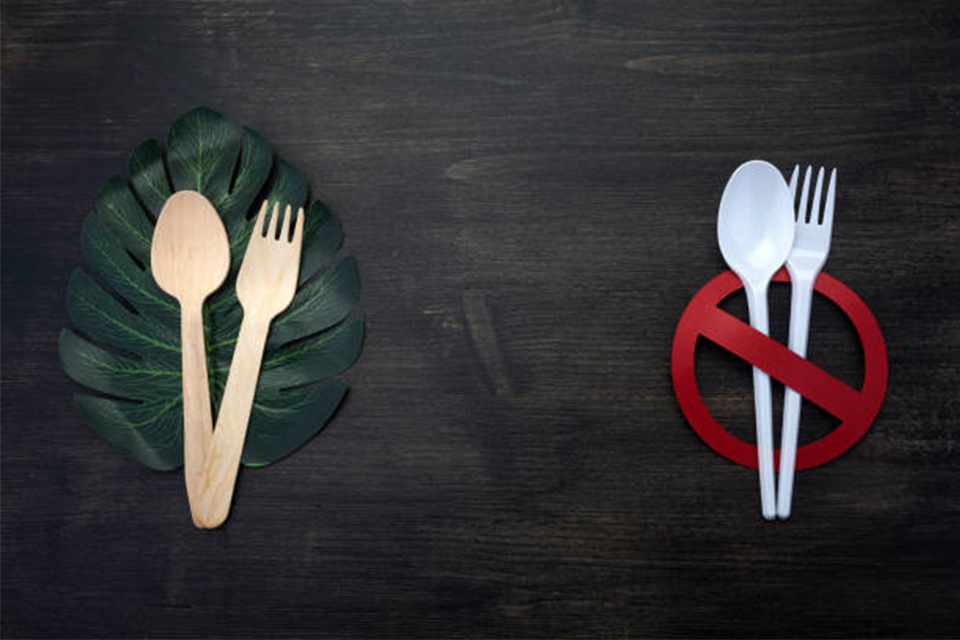One Step Ahead for a better tomorrow
Effective from July 1, 2022, the notification of August 12, 2021, issued by the ministry of environment, forest & climate change, forbids the manufacturing, import, stocking, distribution, sale, and use of the undermentioned identified single-use plastic items, which have low utility and high littering potential.
The Ministry had already banned polythene bags under 75 microns in September 2021, expanding the limit from the earlier 50 microns. From December, the ban will be extended to polythene bags under 120 microns. Ministry officials have explained that the ban is being introduced in phases to give manufacturers time to shift to thicker polythene bags that are easier to recycle. While manufacturers can use the same machine for 50- and 75-micron bags, the machinery will need to be upgraded for 120 microns.
The central board issued a list of items that will be banned, Effective from July 1s, 2022.
Plastic sticks used in:
- Earbuds
- Balloons
- Candy
- Ice-cream
Plastic cutlery items including:
- Plates
- Cups
- Glass
- Forks
- Spoons
- Knives
- Trays
Plastic packaging/wrapping films used in:
- Sweetbox
- Invitation cards
- Cigarette Packets
Other items
- Polystyrene (thermocol) for decoration
- PVC banners with less than 100 microns
- Plastic stirrers
According to the Plastic Waste Management Rules, 2016, there is also a complete ban on sachets using plastic material for storing, packing, or selling gutkha, tobacco, and pan masala.
Also, the manufacture, import, stocking, distribution, sale, and use of the above listed single-use plastic including polystyrene and expanded polystyrene, commodities shall be prohibited.
How ban will be enforced?
The ban will be monitored by the CPCB from the Centre and by the State Pollution Control Boards (SPCBs) that will report to the Centre regularly. Directions have been issued at national, state, and local levels — for example, to all petrochemical industries — to not supply raw materials to industries engaged in the banned items.
Directions have also been issued to SPCBs and Pollution Control Committees to modify or revoke consent to operate issued under the Air/Water Act to industries engaged in single-use plastic items. Local authorities have been directed to issue fresh commercial licenses with the condition that SUP items will not be sold on their premises, and existing commercial licenses will be canceled if they are found to be selling these items.
Punishment:
Those found violating the ban can be penalized under the Environment Protection Act 1986 – which allows for imprisonment up to 5 years, or penalty up to Rs 1 lakh, or both. Violators can also be asked to pay Environmental Damage Compensation by the SPCB. In addition, there are municipal laws on plastic waste, with their penal codes.



